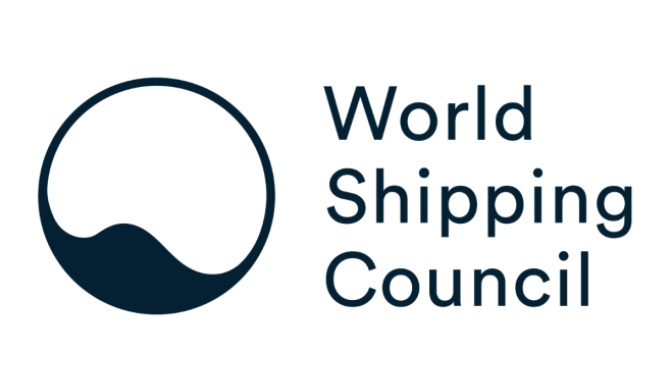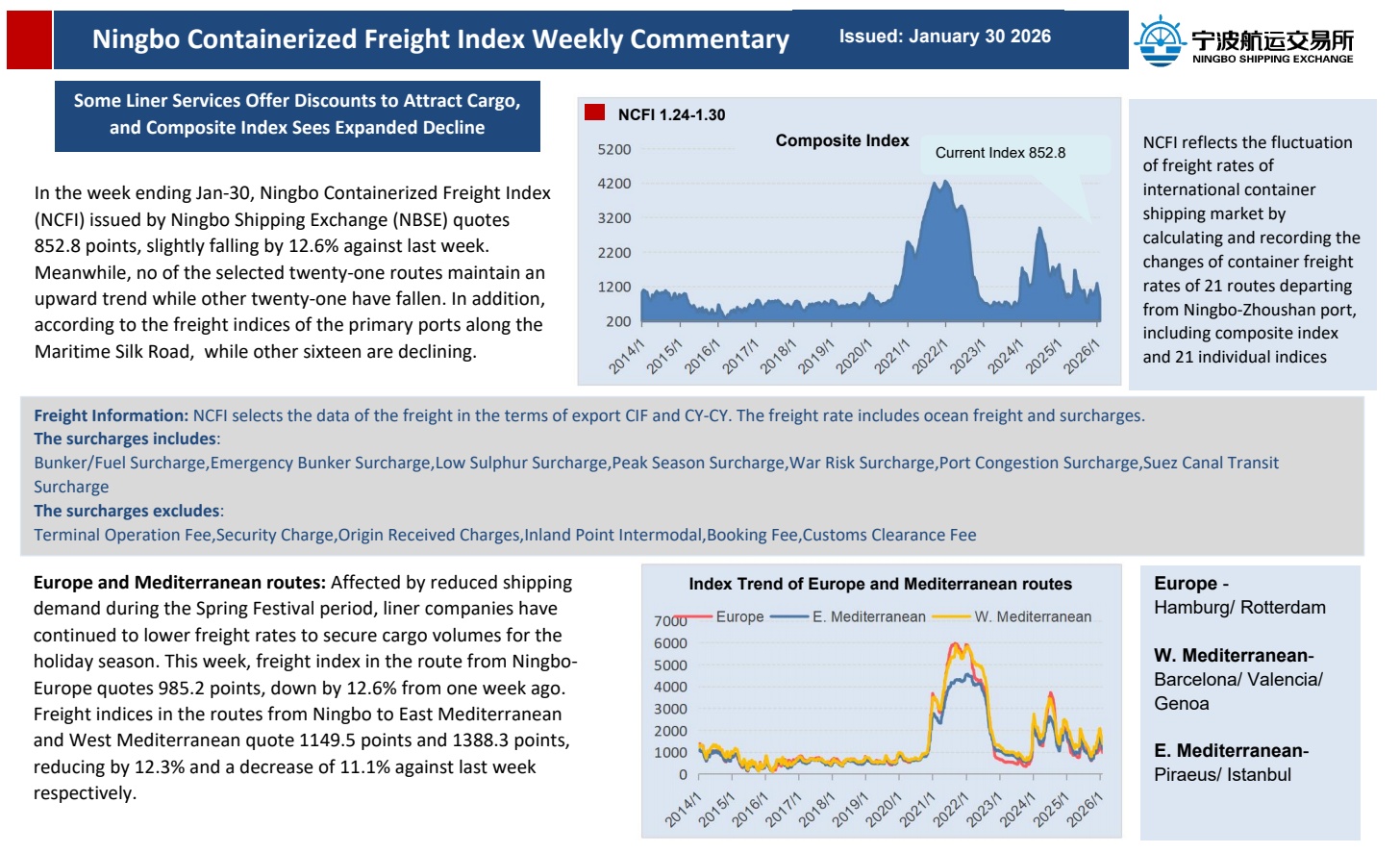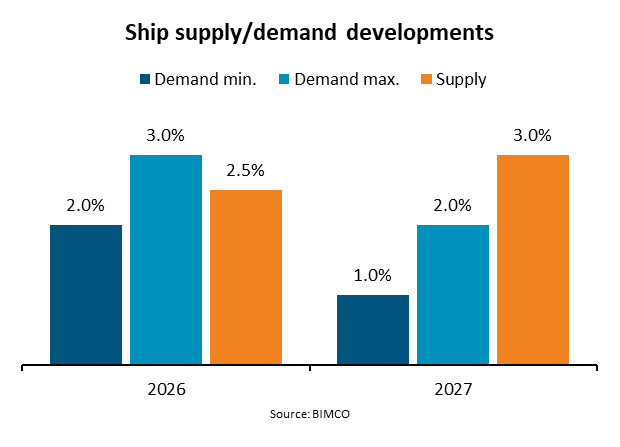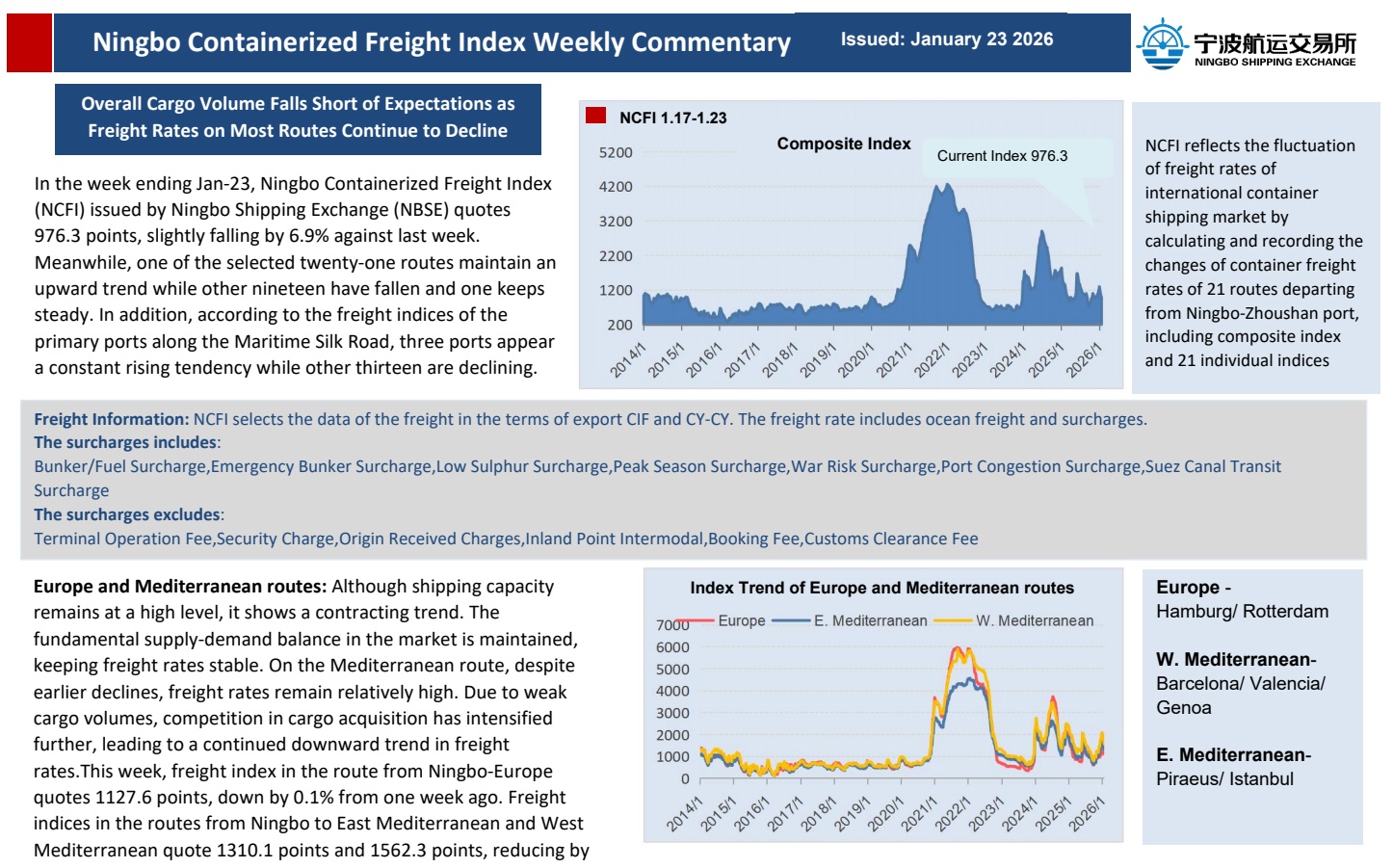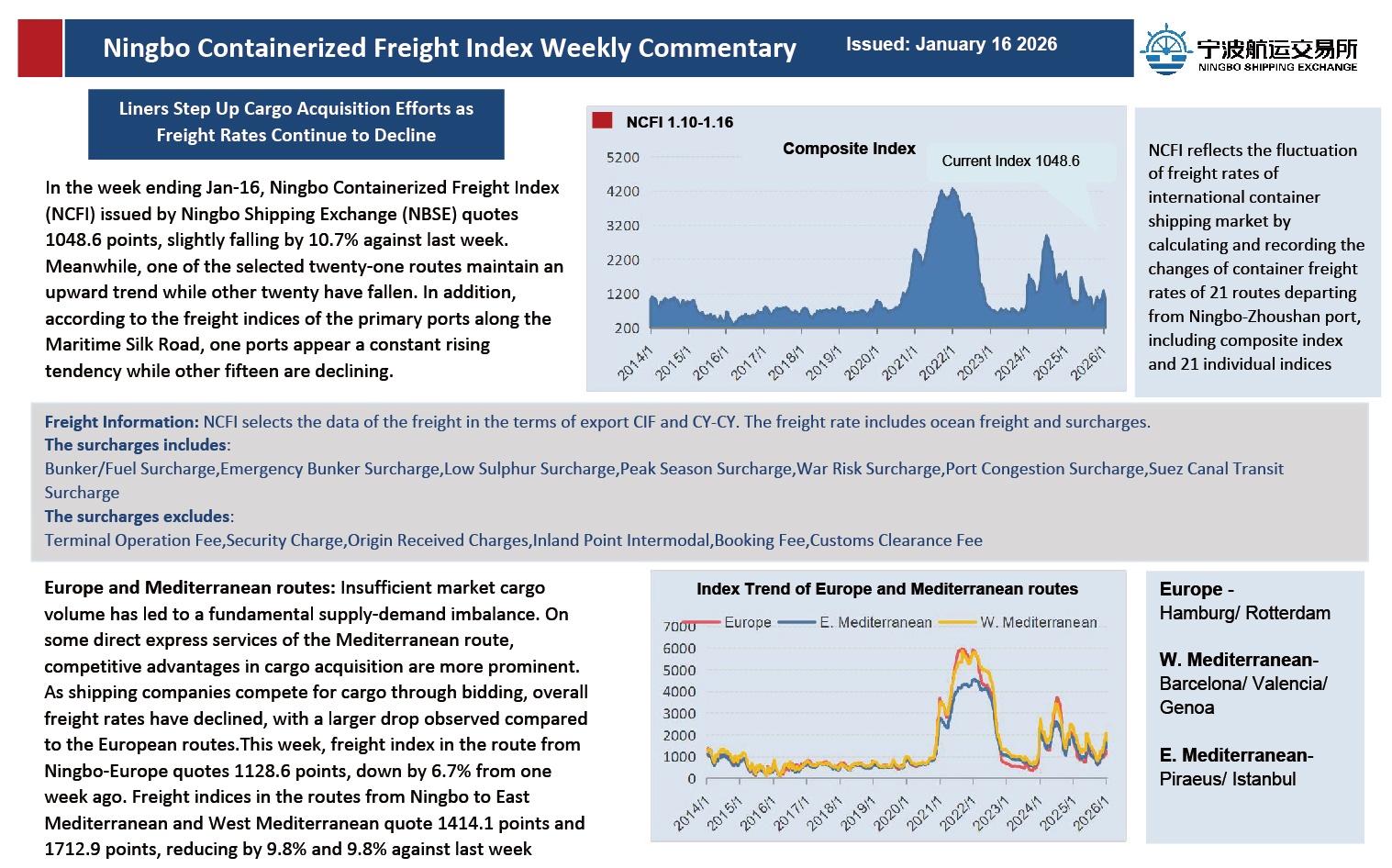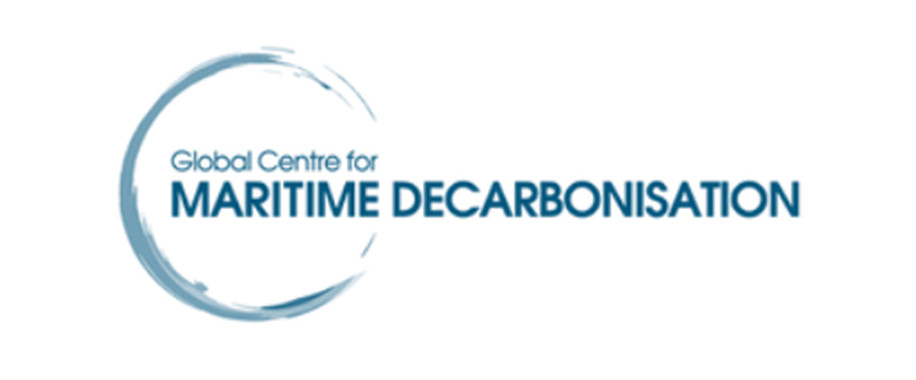
Copenhagen and Singapore, April 20, 2023 - Shipping companies—encouraged by regulation, customer demand, investor pressure, and internal goals—are searching for ways to find greener fuel alternatives and reduce greenhouse gas emissions by 2050.
To understand how shipping industry leaders are thinking about future fuels and what their plans and projections are to adopt cleaner fuels and efficiency-boosting technologies, the Global Maritime Forum, the Global Centre for Maritime Decarbonisation, and the Mærsk Mc Kinney Møller Center for Zero Carbon Shipping conducted a survey of major shipping companies, with analytical support by McKinsey & Company.
’’As the shipping industry is in a period of experimentation and exploration to understand the implications of adopting different green fuels, surveys like this play a crucial role to inform the industry and public, and support shipping’s transition to a zero-emissions future,’’ says Professor Lynn Loo, CEO of the Global Centre for Maritime Decarbonisation.
The most striking result from the survey is a multi-fuel future: the need to prepare for fleets operating on three or more fuel ’’families.’’ The most common mix by 2050 represented by forty-five per cent of respondents is a fleet concurrently running vessels on fuel oil/biodiesel, methane, methanol, and ammonia—a step-change in fuel diversity.
Bo Cerup-Simonsen, CEO of the Mærsk Mc-Kinney Møller Center for Zero Carbon Shipping, says, “the industry will need to think strategically about how to operate multi-fuel fleets and green fuels must be introduced in a safe and cost-efficient manner to make them the preferred alternative to current petroleum products.’’
Other findings from the survey suggest that internal combustion engines will remain the preferred technology through 2050, and that the speed of shipping industry’s adoption of alternative fuels will be a function of the cost gap with fossil fuels and the degree of availability of such greener alternatives at ports worldwide.
Ports and bunker suppliers might prioritize the availability of individual fuels in the short term. But in the longer-term, ports that wish to attract the greatest possible number of future vessels should prepare for the need to offer multiple fuel types.
The single most important factor in fuel choice will likely be the rate of decarbonization required by regulators. Policymakers and regulators can help close the cost gap between green fuels and fossil fuels and create a “level playing field” for all shipping companies to accelerate their adoption of green fuels.
The opinions expressed herein are the author's and not necessarily those of The Xinde Marine News.
Please Contact Us at:


